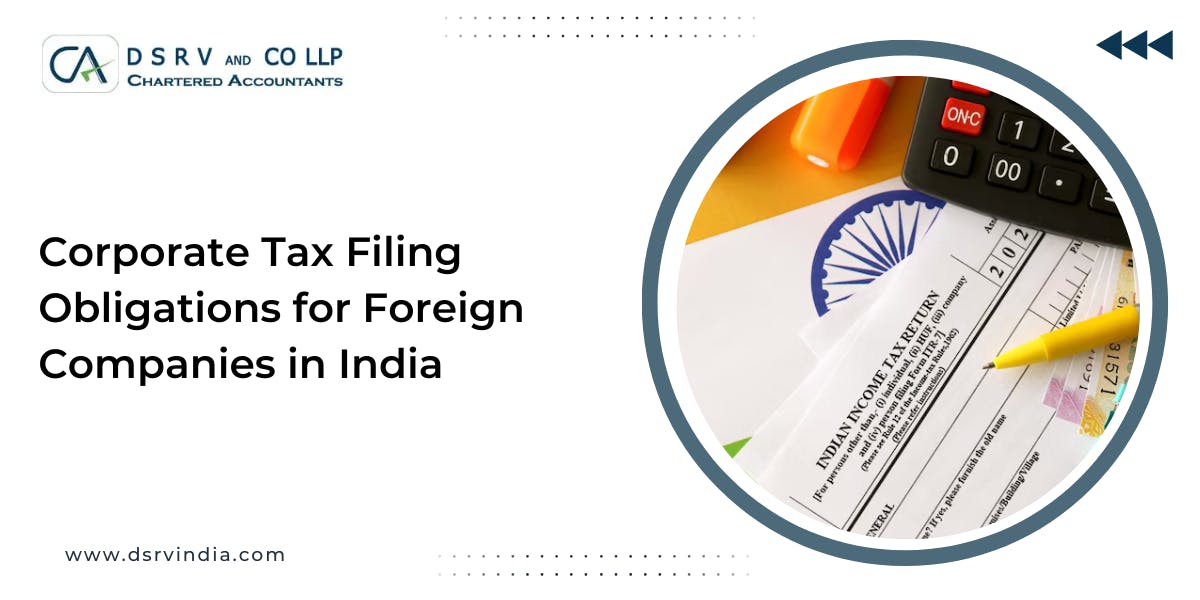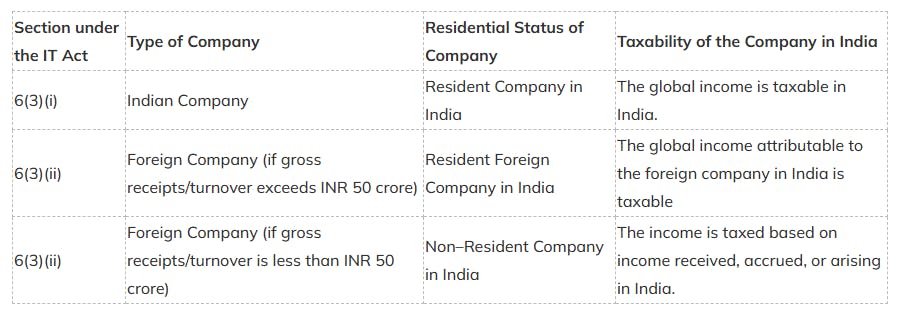Corporate Tax for Foreign Companies: Tax Rates & Income Tax Return in India
Filing tax returns can be a confusing journey in India, especially if you are a foreign company. Foreign Companies are required to file tax returns in India, however, they also need to be aware of the complex rules and regulations to avoid hefty fines or penalties. In this blog, one of the top chartered accountant firms in Gurgaon will thoroughly explain corporate tax filing obligations for foreign companies in India and how to navigate them. Read more here:












